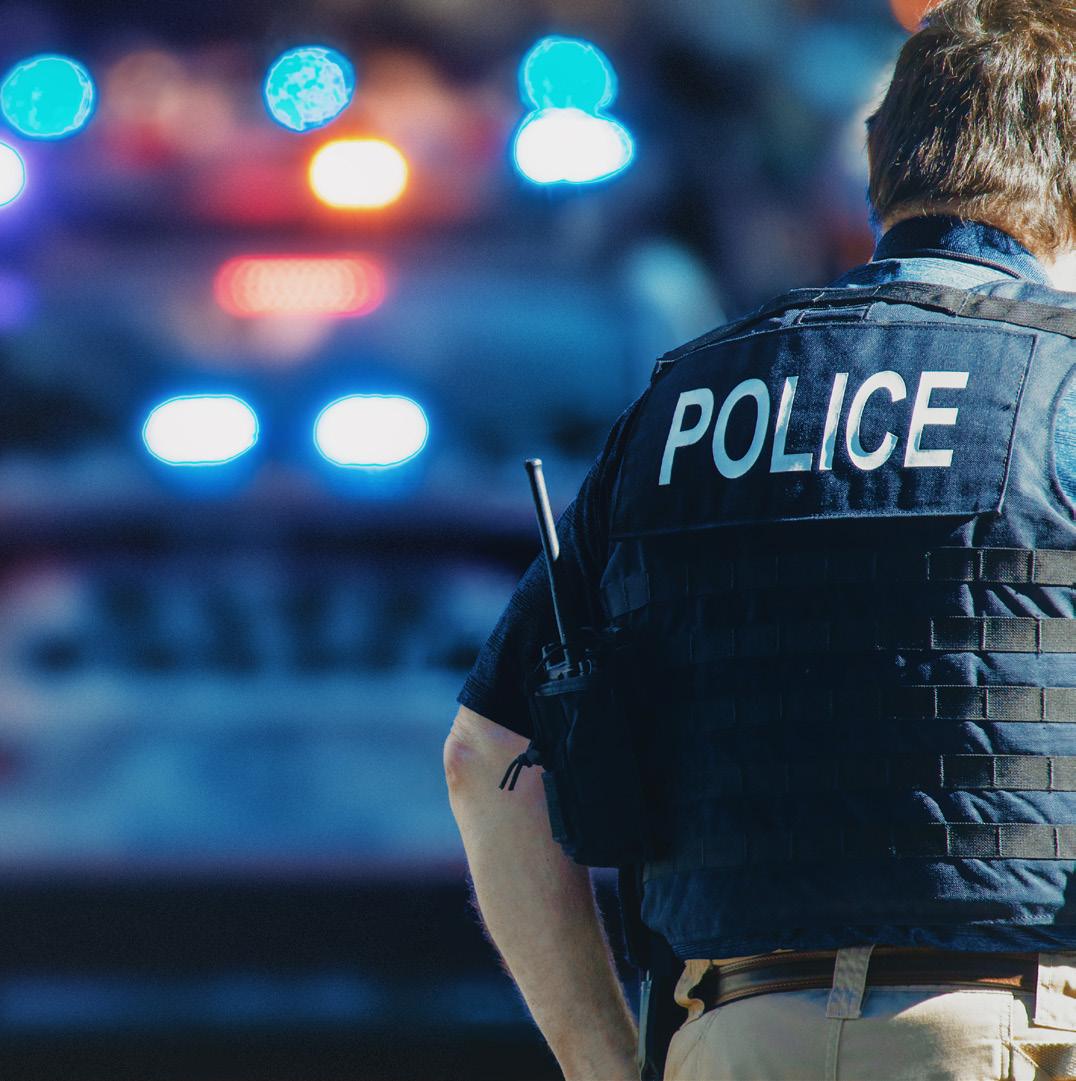
1 minute read
PAIMI
Our PAIMI program provides both systemic and individual advocacy to people with a mental health diagnosis. We advocate on behalf of individuals living in the community, as well as in congregate care settings, including psychiatric facilities, adult homes, jails, and prisons. We work to enforce and expand the rights of all people with mental illness through lawsuits, public reports, education, outreach, and self-advocacy support.
As 2020 drew to a close, New York State and the nation became aware of the circumstances in which Daniel Prude, a black man with significant mental illness, was killed by Rochester police officers.
We immediately began to focus on whether it is appropriate for communities to rely on police officers to respond to calls for assistance for people with significant mental illness who are in acute mental health crisis. As a result, we partnered with graduate programs at John Jay College of Criminal Justice and began work on a public report endeavoring to place the issue in an accurate historical and human rights context. Our Report would provide, communities who are considering changing their response model with a set of guiding principles for development of an alternative. The report concluded that those in Black, Indigenous, and People of Color (BIPOC) communities are disproportionately harmed or lose their lives during such police responses. Upon review of our findings, we and our John Jay partners recommended that police should be replaced as first responders to mental health crisis calls by mental health professionals and emergency response professionals acting as a multidisciplinary team. In March 2021, we published the report, Systems in Crisis: Identifying Critical Issues in Response to Mental Health Crisis Calls. Our advocacy efforts on this issue, and its monitoring of community action around the issue, will continue.










